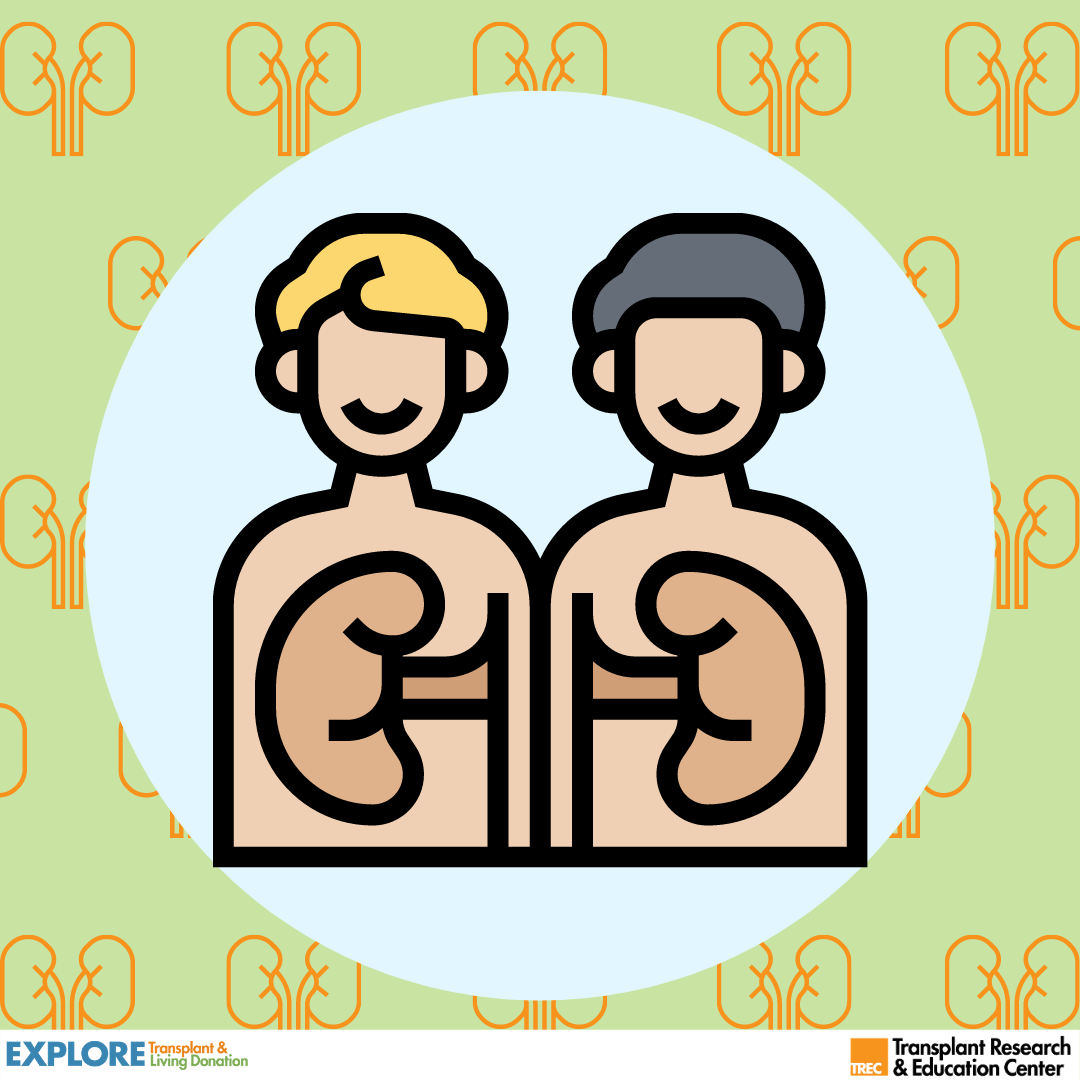By Annika Pearson, Guest TREC Communication Writer
A recent study titled, “Ethnic background is associated with no live kidney donor identified at the time of first transplant assessment—an opportunity missed? A single-center retrospective cohort study”, suggests that people from different minority ethnicity groups are not given the same amount or quality of information about their options for managing chronic kidney disease or for renal replacement therapies like transplantation, as others.
Research has shown that patients who receive a kidney from a live donor may have the same, or higher survival rates as someone receiving a kidney from a deceased donor. In addition, the donor is at a low risk for harm. Making this decision requires the patient and potential donor to have adequate knowledge about the health risks and benefits of each procedure.
In a Canadian study, researchers found significant differences between African, East and South Asian Canadian patients’ abilities to consider an LDKT or to identify someone who they think would donate a kidney to them compared to Caucasian patients. Overall, patients of these ethnocultural minorities were less likely to identify a potential live donor at the both the first, and subsequent pre-transplant assessments than their Caucasian counterparts.
The authors of the publication suggest that there may be culturally rooted barriers which prevent certain groups of patients from considering the potential for a live donor, a decision which can result in poorer health outcomes. Importantly, the study highlights the need for LDKT education programs that explain the benefits of using live donors in a way that all groups can understand. Therefore, these programs should acknowledge the different cultures of each group. This sort of education could improve and increase patients’ knowledge and understanding of their own condition, while addressing traditional, cultural health beliefs and attitudes toward the healthcare system.
In addition, it may be especially important to make sure that this education is provided equally to patients of all ethnicities and is presented to them in a culturally sensitive way. Health care providers, such as doctors and nurses, should make sure that minority communities who have not received enough education about their health are well-informed.
You can read the full research study here.
At TREC, we are working hard to deliver culturally-tailored education that is available in multiple languages for patients of different ethnicities. For example, see our post about our COVID-19 Listening Center where patients can speak to someone about transplant in English or Spanish at whatever stage of the transplant process they are in. We are committed to continue to improve education about transplant for minority groups.

